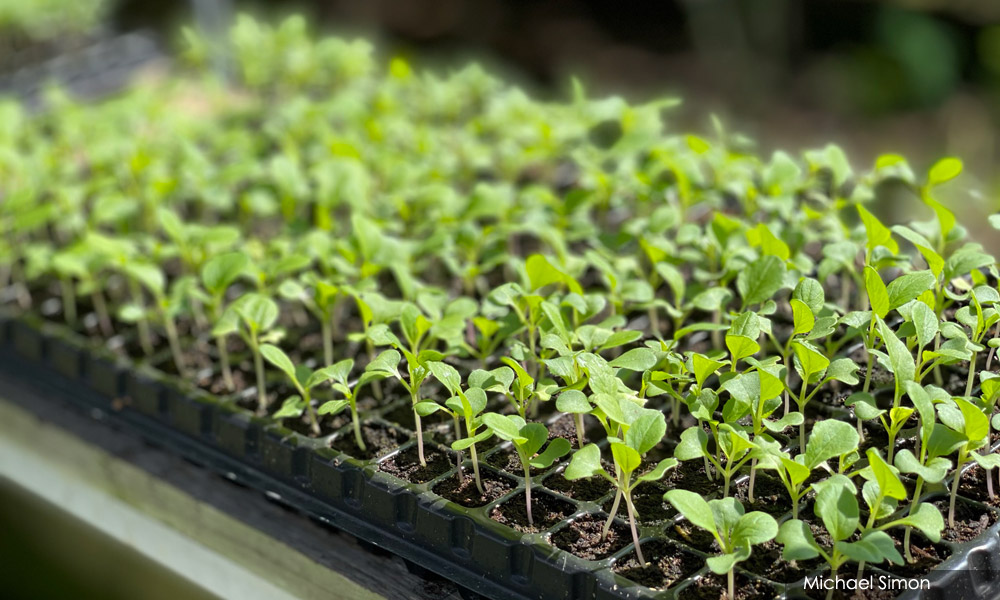LETTER | In Malaysia, raising public awareness about food security is not a choice; it is a must. As we explore the National Agrofood Policy, 2021-2030 (NAP 2.0), it becomes clear that our country’s ambition for a sustainable, resilient, and technology-driven agrofood sector depends on the active participation and understanding of every citizen.
First and foremost, enhancing public awareness of food security promotes a shared knowledge of the problems and opportunities in our agrofood context.
Whether identifying the influence of climate change on crop yields or recognising the critical role of technology in modern agriculture, an informed population creates the groundwork for informed decision-making and meaningful action.
Policies and public awareness
Furthermore, public awareness acts as a motivator for citizen participation and accountability. When people understand the complexities of NAP 2.0’s aims, which range from boosting economic growth to emphasising food security and nutrition, they are more likely to actively participate in attempts to achieve them.
By highlighting technological advancements in the agrofood sector, public awareness fosters wider acceptance and adoption. From precision agriculture to smart food delivery networks, technology holds the key to unlocking increased efficiency, sustainability, and resilience in our food supply chain.

This could take many forms, including supporting local farmers, campaigning for policy changes, and making responsible consumer choices.
Malaysia’s agricultural R&D investments lag behind those of leading countries. For example, in 2017, Japan’s agriculture, forestry, and fisheries ministry received JPY98.4 billion (RM3 billion) for agricultural research and development, which considerably boosted agricultural innovation.
Urgent call for all
Beyond policy interventions, promoting public awareness promotes the formation of resilient communities capable of weathering the storms of unpredictability. By teaching residents about the vulnerabilities inherent in our food systems and providing them with knowledge on adaptation tactics, we establish the framework for communities to thrive in the face of adversity.
In terms of food waste, Malaysia generates up to 17,000 tonnes every day, with around 24 percent, or 4,005 tonnes, remaining edible. This emphasises the importance of constant awareness and improved food management in waste reduction strategies.

In essence, raising public awareness about food security in Malaysia is more than just disseminating information; it is a call to action.
Addressing food security in Malaysia necessitates a comprehensive approach that includes increasing agricultural productivity, reducing food waste, encouraging local food production, and investing in agricultural research and development and climate change adaptation strategies.
It’s a rallying cry for all citizens to take charge of our country’s food future, unified in our resolve to creating a more secure, sustainable, and prosperous tomorrow.
The writer is a lecturer in the Faculty of Business and Communication, Universiti Malaysia Perlis.
The views expressed here are those of the author/contributor and do not necessarily represent the views of Malaysiakini.
Please join the Malaysiakini WhatsApp Channel to get the latest news and views that matter.

